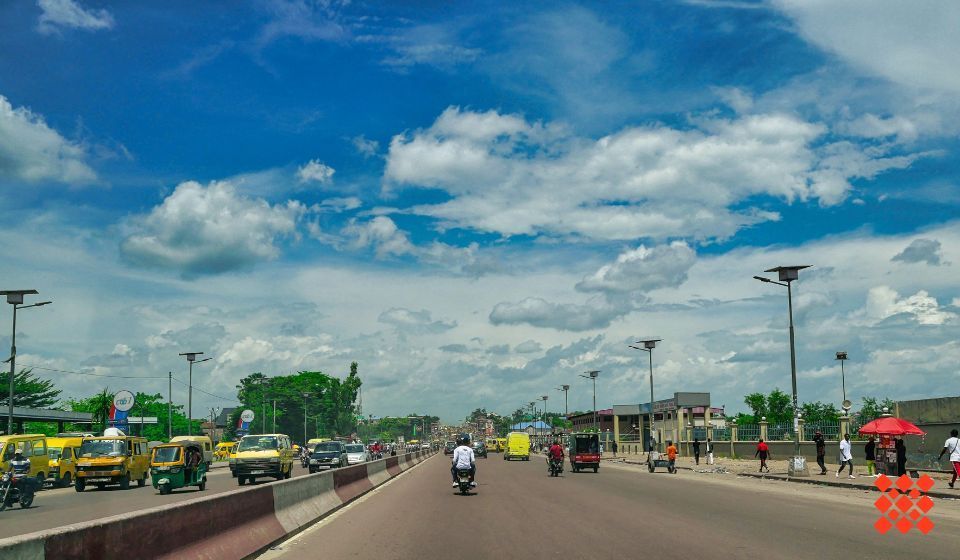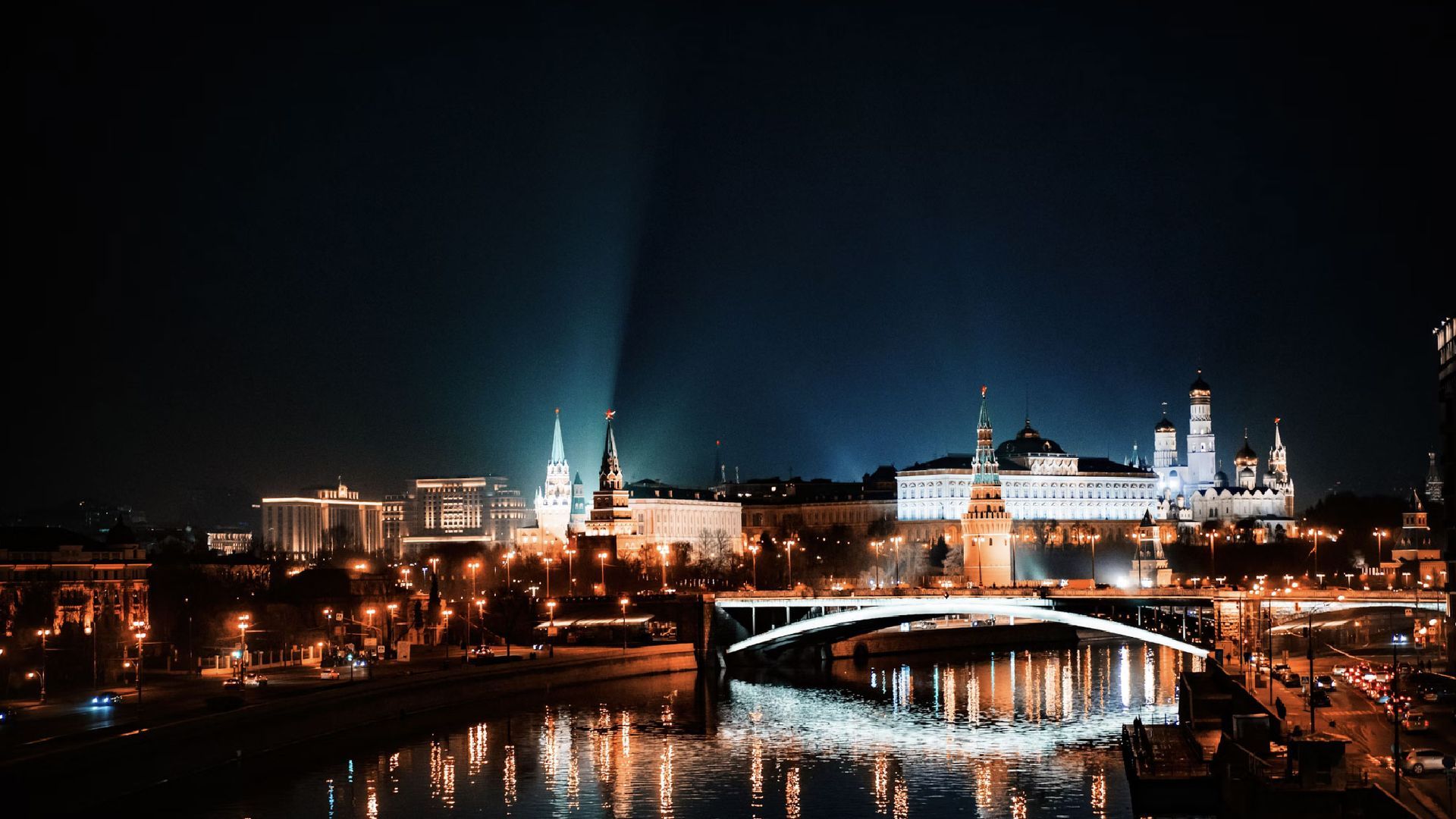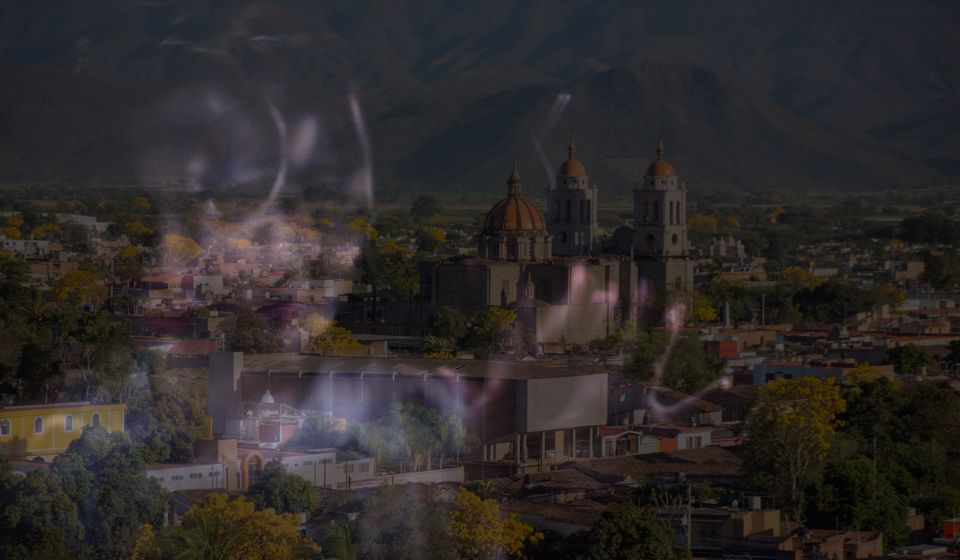The Democratic Republic of the Congo's electoral controversies
On January 20, Félix Tshisekedi was sworn in as president of the Democratic Republic of the Congo (DRC) for a second term. Tshisekedi was re-elected with more than 70% of the vote, amid questions about the validity of the results and logistical problems during the electoral process. His win has left the DRC in a spot of uncertainty.
Opposition candidates and their supporters questioned the credibility of the results and filed a petition to annul the vote. However, the constitutional court of the DRC upheld the results and declared Tshisekedi the winner. International observers have been concerned about the transparency of the December’s election.

Félix Tshisekedi: A controversial figure
Félix Tshisekedi's initial rise to power in 2019 was eventful, with some groups alleging he struck a deal with then outgoing president Joseph Kabila. The opposition had also then contested the results, claiming a rigged election.
Tshisekedi's presidency has been characterized by economic and political upheaval, including the COVID-19 pandemic, Ebola outbreaks, resurgent rebel groups, and escalating tensions with neighboring Rwanda.
Human rights issues, including allegations of arbitrary arrests, suppression of dissent, and crackdowns on protests, have been reported during Tshisekedi's presidency, undermining democratic principles and freedom of expression.
Corruption allegations and reports
Tshisekedi’s government has faced allegations of corruption, reports of embezzlement and misappropriation of public funds, and high-profile scandals. These cases often involved government officials accused of diverting public resources for personal gain as well as bribery and nepotism. Critics have often pointed to a perceived lack of accountability for Tshisekedi’s government. Furthermore, the lacking investigations and legal actions against those accused of corrupt practices cause concern.
Namely, during his first term, president Tshisekedi had announced a 100-day emergency program, prioritizing the construction of roads and the construction or refurbishment of facilities for drinking water, electricity, education, and health services. The budget for this program was channeled through the presidential office but was not successfully implemented. Tshisekedi's chief of staff was arrested in April 2020 for allegedly embezzling funds earmarked for this program.
Tshisekedi was re-elected with more than 70% of the vote, amid questions about the validity of the results and logistical problems during the electoral process.
Corruption allegations and reports
Tshisekedi’s government has faced allegations of corruption, reports of embezzlement and misappropriation of public funds, and high-profile scandals. These cases often involved government officials accused of diverting public resources for personal gain as well as bribery and nepotism. Critics have often pointed to a perceived lack of accountability for Tshisekedi’s government. Furthermore, the lacking investigations and legal actions against those accused of corrupt practices cause concern.
Namely, during his first term, president Tshisekedi had announced a 100-day emergency program, prioritizing the construction of roads and the construction or refurbishment of facilities for drinking water, electricity, education, and health services. The budget for this program was channeled through the presidential office but was not successfully implemented. Tshisekedi's chief of staff was arrested in April 2020 for allegedly embezzling funds earmarked for this program.
Targeting the opposition
The opposition in the DRC has been often targeted by state authorities, leading to incidents of frequent political violence.
Former presidential candidate and 2019 runner-up Martin Fayulu and his supporters, for example, were arrested and beaten by members of the national Armed Forces and the National Intelligence Agency for distributing leaflets advocating a day of protest on February 16, 2016. This was not a one time incident.
In December 2018, during the 2019 presidential elections campaigning period, Fayulu was accused of "inciting tribal hatred, massacres of Balubas, and looting" by a member of the Luba community, the ethnic group of Tshisekedi. The public prosecutor ordered an investigation. Fayulu appeared before the judicial police, facing up to five years of imprisonment. However, his was postponed hearing with no rescheduled date.
Finally, in December 2023, Martin Fayulu organized a political meeting in the town of Kikwit, in the Kwilu province, which evolved into a stone-throwing incident. According to media reports, participants were attacked with rocks by political opponents from Tshisekedi’s Union Sacrée political party. Several people were injured during the clashes and some activists were arrested.
Anti-Rwanda rhetoric
Another aspect that has caused doubts about Tshisekedi’s commitment to peace in the DRC, is his rhetoric against neighboring Rwanda. At his final campaign meeting in Kinshasa on 19 December, Tshisekedi promised, if re-elected, to declare war on Rwanda and march to Kigali. Informal observations by Crisis Group staff, journalists and Congolese analysts indicate that this nationalist positioning likely helped him win re-election. However, these provocations could cause regional instability.
Electoral irregularities will cast doubt on many voters despite the clear mandate. Over a million eligible voters were unable to register beforehand due to insecurity and organizational flaws. Many of the printed voted cards issued earlier in the year were unreadable, despite being a legal requirement for citizens to cast a ballot. Participation, officially at 43 per cent, was the lowest in the country’s democratic history. Finally, results were cancelled in two constituencies and 82 candidates were disqualified from national and local races for alleged fraud.
Evidencity conducts in-house research on TruthSeeker, researching companies and individuals of global economic interest.



